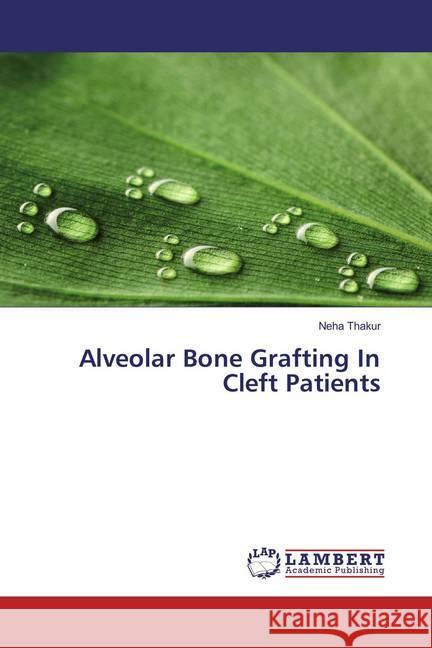Alveolar Bone Grafting In Cleft Patients » książka
Alveolar Bone Grafting In Cleft Patients
ISBN-13: 9783659545306 / Angielski / Miękka / 2016 / 208 str.
Cleft lip and palate deformities occur in high frequency throughout the world as compared with other congenital malformations. A deficient maxilla is one of the most common skeletal problems in cleft patients in which dental development is also impaired. Orthodontic treatment may be necessary at different stages of the cleft patient's dental and skeletal development. The goals of orthodontic treatment are different at each stage, including both functional and esthetic corrections by means of maxillary expansion, arch alignment, and growth modification1. For the orthodontist to achieve adequate maxillary arch width and dental alignment, the bony defect should be filled by bone grafting. The corollary is that absent bony tissue should be replaced by bone. Bone when placed sub-periosteally provides a lattice or matrix for new bone formation and remodelling. It is this dynamic property of bone with its regenerative capacity that makes the biology of bone grafting so fascinating to the reconstructive surgeon.











